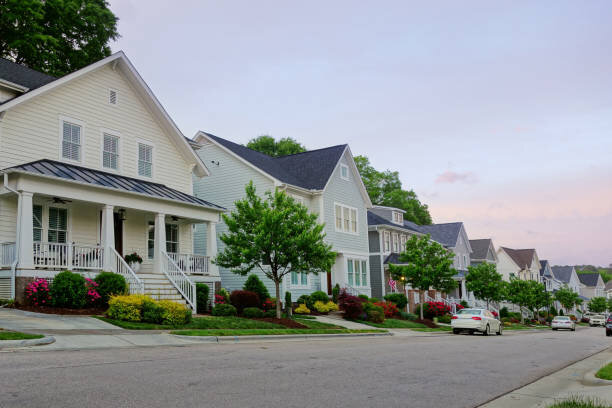
Introduction
Selling a home can be a daunting task, especially when it comes to setting the right asking price. In a dynamic real estate market like Miami, where factors such as location, market trends, and economic conditions play crucial roles, determining the perfect price is critical. This comprehensive guide will walk you through the essential steps to help you set the optimal asking price for your Miami home, ensuring a successful and profitable sale.
1. Research the Miami Real Estate Market
Before setting your asking price, it’s vital to understand the current state of the Miami real estate market. This involves:
a. Analyzing Market Trends: Study recent sales data, including the selling prices of similar properties in your neighborhood. Look for patterns and trends to gauge whether the market is trending upward or downward.
b. Neighborhood Analysis: Miami is a diverse city with varying property values in different neighborhoods. Assess how your property compares to others in your area.
c. Economic Indicators: Keep an eye on economic factors such as employment rates, population growth, and local development projects, as they can influence the demand for housing in Miami.
2. Hire a Local Real Estate Agent
Working with a qualified local real estate agent is a smart move when selling your home in Miami. An experienced agent will provide valuable insights into the local market, assist in pricing your property correctly, and offer guidance throughout the selling process.
3. Conduct a Comparative Market Analysis (CMA)
A Comparative Market Analysis (CMA) is a crucial step in determining your home’s value. Your real estate agent will use this process to:
a. Identify Comparable Properties: Your agent will find recently sold properties similar to yours in terms of size, location, age, and condition.
b. Assess Property Features: Evaluate how your home’s features compare to those of the comparable properties, including upgrades and amenities.
c. Adjust for Differences: Adjust the prices of comparable properties to account for differences in features, such as extra bedrooms, pool, or a waterfront view.
4. Calculate the Cost of Selling
Remember that the final selling price isn’t the amount you’ll receive in your pocket. Factor in the costs associated with selling, including real estate agent commissions, closing costs, and potential repairs or improvements to make your home more marketable.
5. Consider Your Timeline
Your timeline for selling can influence your asking price. If you’re in a hurry to sell, you may need to price your home competitively to attract buyers quickly. On the other hand, if you have time on your side, you can afford to be more patient and aim for a higher price.
6. Price Strategically
Now that you have gathered all the necessary information, it’s time to set your asking price. Here are some strategies to consider:
a. Competitive Pricing: To attract buyers quickly, price your home slightly below market value. This can create a sense of urgency and may lead to multiple offers.
b. Pricing at Market Value: If your property is in excellent condition and you believe it stands out in the market, consider pricing it at market value.
c. Overpricing: Avoid overpricing your home, as it can deter potential buyers and lead to a longer time on the market.
7. Be Open to Negotiation
Keep in mind that buyers may make offers below your asking price. Be prepared to negotiate, and work closely with your real estate agent to evaluate and respond to offers effectively.
8. Reevaluate Periodically
If your home doesn’t sell within your desired timeframe, it may be necessary to reevaluate your pricing strategy. You can adjust the price to better align with market conditions or consider making improvements to increase its appeal.
9. Market Your Property Effectively
Effective marketing plays a crucial role in attracting buyers. Utilize professional photography, virtual tours, and online listings to showcase your property’s best features.
Conclusion
Setting the right asking price when selling your home in Miami is a complex process that requires careful consideration of various factors. By researching the market, working with a knowledgeable real estate agent, conducting a CMA, and pricing strategically, you can maximize your chances of a successful and profitable sale. Remember that flexibility and patience are key when navigating the ever-changing Miami real estate market. With the right approach, you can confidently set an asking price that will help you achieve your selling goals.

